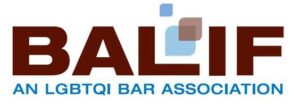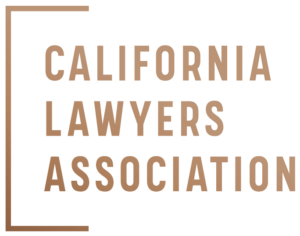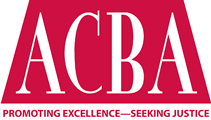California County Office of Education in Northern California Pays $70,000 to Resolve Anti-Gay Harassment Claims
A California County Office of Education in Northern California recently paid a former employee $70,000 to settle anti-gay harassment and retaliation claims. The former employee, referred to in this blog as the “Claimant”, was represented by Patrick Chao and David Osorio of DHG Legal, P.C. In a complaint to the California Department of Civil Rights (CCRD), the Claimant alleged he was harassed by the County Superintendent and his peers because he is a gay man, and once he complained and took a leave of absence, lost the prospect of his position being renewed for another year.
The Claimant was initially hired under a COVID relief grant provided by the State of California to facilitate the return of students to schools. The grant provided money to fund Claimant’s position for two years, but given his excellent performance, the COE indicated its intent to fund Claimant’s position for at least one more year, going as far as to apply for additional grants and indicating it could reallocate funds from other sources to fund his position for another year.
After a year of suffering insensitive comments such his “style was not masculine enough,” and that “men were expected to wear a certain type of attire, and shouldn’t wear jewelry,” the Claimant felt he had no choice but to make a formal complaint shortly after a female colleague had said “women should not be required to provide ‘blowjobs’ to their husbands” and that “the next time my husband asks me for it, I will have [the Claimant] handle it.” Following this comment and his complaint to HR, Claimant went on medical leave to deal with the stress of the anti-gay hostile work environment at the COE. Upon returning from leave, the COE informed Claimant that his employment would not be renewed, even though the district had obtained an extension to the relief grant that allowed the use of the original funding for his position for a third year.
Upon filing a complaint with the CCRD, Claimant alleged that the COE’s decision not to renew his position was in retaliation for his complaints of sexual harassment and for taking medical leave. He contended there were additional funding sources to continue his employment for another year while the COE argued that Claimant’s position was eliminated because no such sources were available to fund his position for another additional year. The COE also alleged that the original funds provided by the COVID relief grant had already been spent on other projects and could, therefore, not be used to fund Complainant’s position for a third year.
The Fair Employment and Housing Act (FEHA) is clear that discharging or otherwise discriminating against any person for filing a complaint or opposing any practices, such as harassment on the basis of sexual orientation, is considered an unlawful employment practice. “Employees who are retaliated against because they make a complaint of unlawful harassment actually suffer two injuries: the one stemming from the harassment itself and the other one stemming from the loss of a job or job opportunities,” says David Osorio. “The fear of retaliation should not be in the minds of employees when they take on the courageous step of speaking up about injustices in the workplace. The law is designed to ensure that the person who complains of any violation of the law is protected from retaliation for making those complaints.”
The COE and the Claimant settled during a mediation facilitated by the CCRD.
“The CCRD, like the Equal Employment Opportunity Commission (EEOC), offers parties free mediation to assist them in resolving employment law claims. In our experience representing employees in California and Texas, California employees are able to obtain better results when they file employment law claims with the CCRD than if they filed with the EEOC. After all, California law offers more protections for workers than does the federal law and most other states,” said firm founder Daniel H. Galindo.
In addition to the monetary portion of the settlement, the COE agreed to undergo training on diversity, equity and inclusion and sensitivity awareness training by the COE’s leadership.







